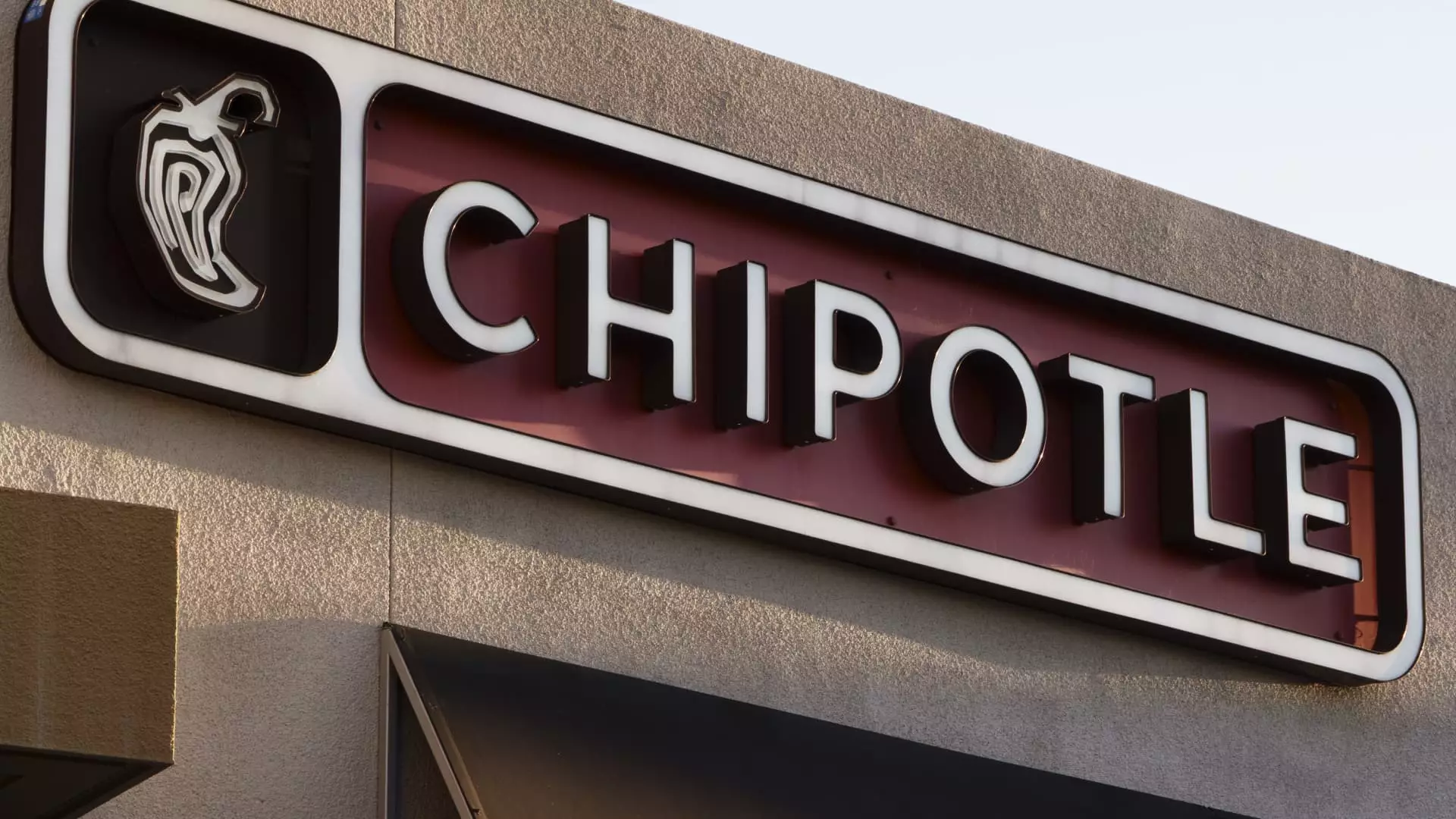Unpredictable Stock Swings: Are Investors Overestimating the Power of Earnings Surprises?

In the world of investing, there’s a persistent belief that quarterly earnings reports are the ultimate indicators of a company’s health and future prospects. This faith, however, borders on overconfidence. While positive earnings surprises can indeed spark short-term enthusiasm, they often fail to translate into sustainable growth. For example, companies like Chipotle Mexican Grill and Southwest Airlines have experienced notable volatility around their earnings seasons. Yet, such movements are frequently exaggerated by market narratives that equate one good or bad report with a fundamental shift in value. Investors should be wary of falling into this trap: a stock’s apparent immediate significance may be merely a fleeting mirage, driven by sentiment rather than substance.
The Fragility of Market Expectations and the Role of Speculation
The recent optimism surrounding stocks such as Charter Communications and Danaher underscores a troubling tendency in markets—an obsession with short-term catalysts. Analysts and traders, eager to predict imminent swings, often base their expectations on technical signals or the latest analyst upgrades. The case of Charter Communications exemplifies this tendency; upgrades based on anticipated merger benefits tend to inflate stock prices regardless of the actual financials. This speculative behavior creates a fragile environment where prices are driven more by expectations and hopes than by underlying fundamentals. When market sentiment shifts, these stocks risk sharp reversals, exposing naïve investors to losses.
Are Upgrades and Price Targets Just Smoke and Mirrors?
The role of Wall Street ratings and target prices cannot be overstated. When firms like Loop Capital or BMO Capital Markets raise their outlooks, it can produce a buzz that pushes stocks higher, but the underlying logic remains flawed. An upgrade based on strategic initiatives like mergers or improved margins is often a projection of potential rather than proof of achievement. The assumption that such developments will materialize as expected isn’t guaranteed. Investors are essentially placing a bet on management’s promises, which may or may not come true. Overestimating the impact of upgrades can lead to inflated valuations, setting the stage for disappointment when anticipated milestones aren’t met.
The Illusion of Certainty in a Highly Uncertain Market
As markets continue to respond aggressively to earnings reports, it becomes apparent that confidence in short-term signals is misplaced. The quote-unquote “positive surprises” are often used as a mask for deeper structural issues that remain unresolved. Take Southwest Airlines: a 10% year-to-date rise can lull investors into complacency, yet underlying challenges such as rising fuel costs or operational flexibility might undermine these gains. Similarly, with companies like GE Vernova, which are still navigating transition phases, a massive rally or plunge over a quarterly result could be nothing more than a temporary dislocation. The lesson here is clear: markets rarely move in a straight line, and overreliance on quarterly performance is a dangerous game.
The Question of True Value Versus Market Hype
From a center-right liberal perspective, the market’s fixation on immediate results reveals a deeper flaw—the tendency to undervalue long-term fundamentals in favor of short-lived thrills. While strategic moves and upgrades can augment a company’s value, they are not guarantees of future success. The real question investors ought to pose isn’t whether a stock is up after earnings, but whether its underlying business model is sustainable and resilient over the long haul. Hype driven by analyst endorsements or trading volume spikes often distracts from this more sober analysis. Markets should be a reflection of value, not fleeting sentiment or speculative fervor; when they drift away from this ideal, chaos and disillusionment become inevitable.
The current climate of earnings-driven swings reveals a troubling tendency to overestimate the importance of short-term results. As investors become increasingly swayed by upgrades, technical signals, and market rumors, they risk losing sight of the real foundation of value—long-term business strength. Market optimism must be tempered with skepticism, and a focus on sustainable growth rather than fleeting surprises. In this era of heightened volatility, the most prudent investors are those who see beyond the immediate hype and question whether the market’s dance is driven by genuine progress or just another fleeting illusion.





